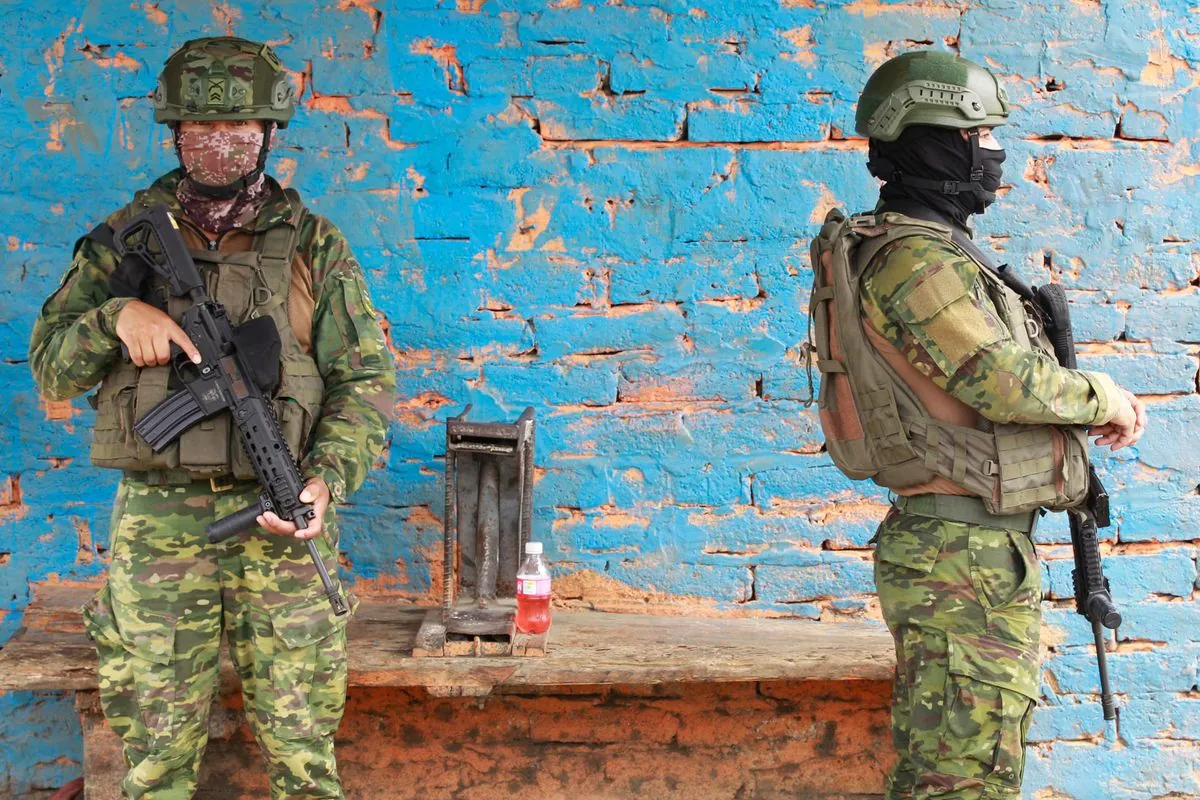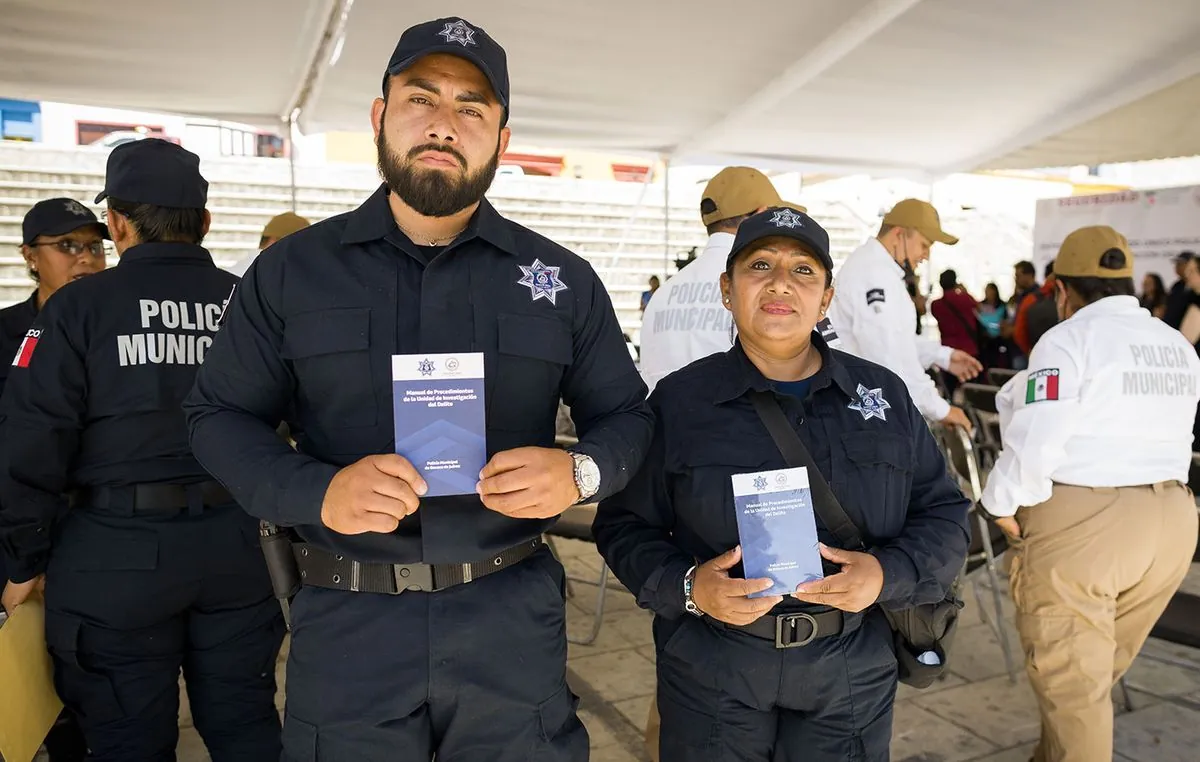Ecuador Spearheads New Regional Security Alliance Amid Rising Challenges
Ecuador leads efforts to create an IDB-backed security alliance, focusing on prevention and data sharing. The initiative comes as Latin America grapples with high crime rates and economic impacts of insecurity.

In a bold move to address regional security challenges, Ecuador is taking the lead in establishing a new Inter-American Development Bank (IDB)-backed security alliance. This initiative comes as Latin American countries face escalating crime rates and significant economic losses due to insecurity.
The alliance, which aims to launch in Barbados this December, represents a shift from traditional militarized approaches to security. Instead, it focuses on data sharing, tracking criminal financial assets, and providing alternative opportunities for at-risk youth. This preventive strategy aligns with the IDB's goal of moving away from reactive policies towards more proactive measures.
At least 12 countries have expressed interest in joining the alliance following a meeting in Guayaquil, Ecuador, in August. The IDB will serve as the technical secretariat for this new regional effort. Nathalie Alvarado of the IDB emphasized the importance of addressing security issues collectively, stating:
"We have a problem, and we need to address it as a region."
The initiative is particularly significant given the economic toll of insecurity in Latin America and the Caribbean, which costs countries an estimated 3.5% of their annual GDP. Moreover, 40 of the world's 50 "most homicidal" cities in 2023 were located in this region, according to Instituto Igarapé.

This new alliance stands in contrast to previous regional security efforts, such as the now-defunct Union of South American Nations (UNASUR) Defense Council. While UNASUR aimed to develop an independent security strategy, it ultimately faltered due to disagreements, lack of political interest, and insufficient funding.
Ecuador, despite its own high homicide rates, is pursuing a multi-faceted approach to security. In addition to leading this regional initiative, the country has entered into a security cooperation deal with the United States, receiving over $93 million in assistance over five years. President Daniel Noboa has also proposed a constitutional amendment to allow foreign military bases on Ecuadorian soil, reversing a ban implemented in 2008.
Early results of Ecuador's security strategy show promise, with official statistics indicating an 18% drop in homicides from January to August 2024 compared to the same period in 2023.
In other regional developments, Mexico recently passed a controversial judicial reform allowing direct election of judges, despite warnings from experts and international partners. Meanwhile, several South American countries are grappling with deepening drought conditions, impacting hydropower generation and river transportation.
On a lighter note, Mexican actors Gael García Bernal and Diego Luna made headlines at the recent Emmy Awards by presenting an award entirely in Spanish, highlighting the significant Spanish-speaking population in the United States.
Lastly, the recent death of former Peruvian President Alberto Fujimori has reignited discussions about his controversial legacy. Fujimori, who ruled Peru from 1990 to 2000, implemented market reforms and led an anti-insurgency campaign but was later imprisoned for human rights violations. His influence continues to shape Peruvian politics, with his daughter Keiko Fujimori remaining a prominent opposition figure and potential presidential candidate for the 2026 elections.
As Latin America continues to grapple with complex security challenges, the success of Ecuador's new regional alliance may prove crucial in shaping the future of security cooperation across the continent.


































